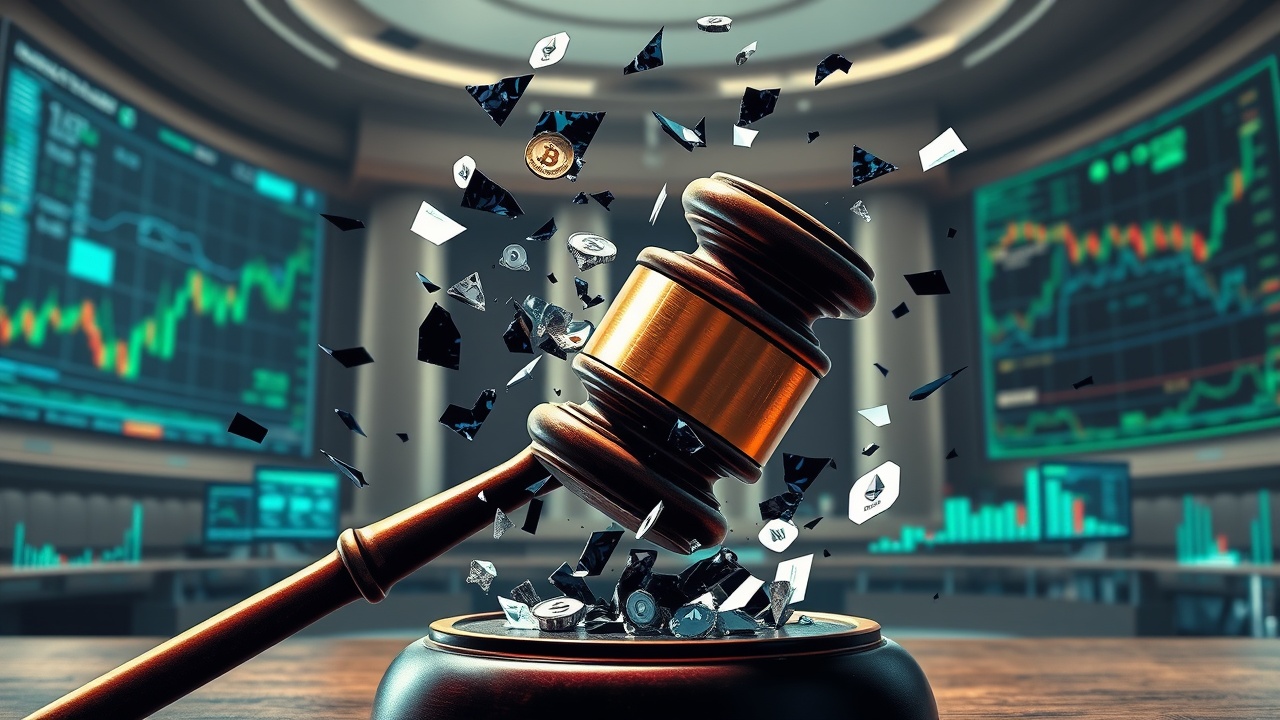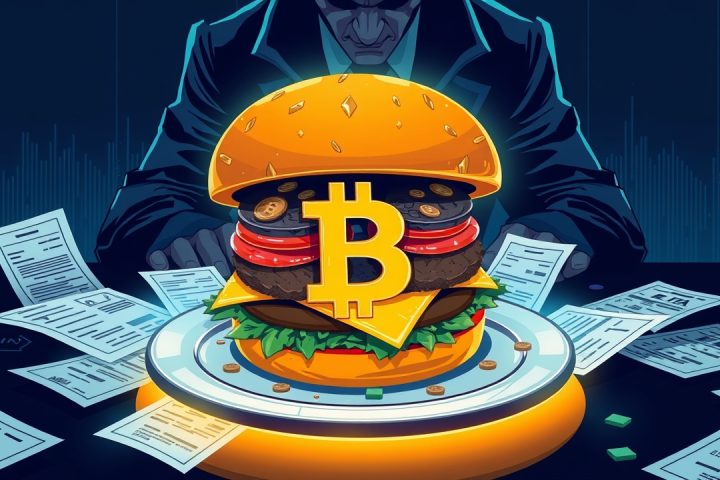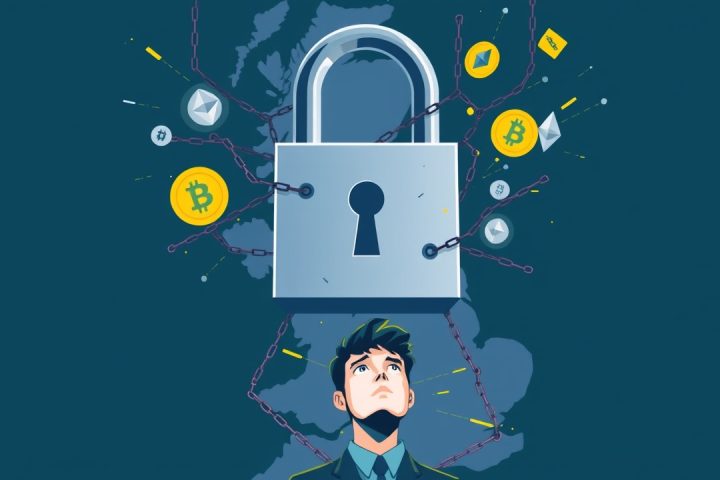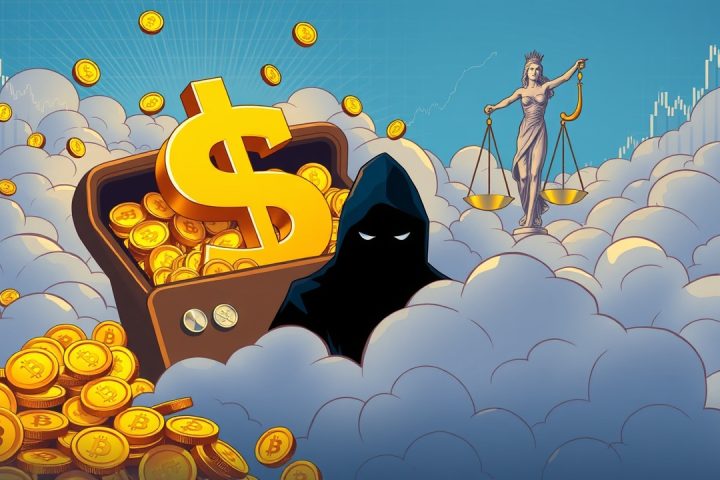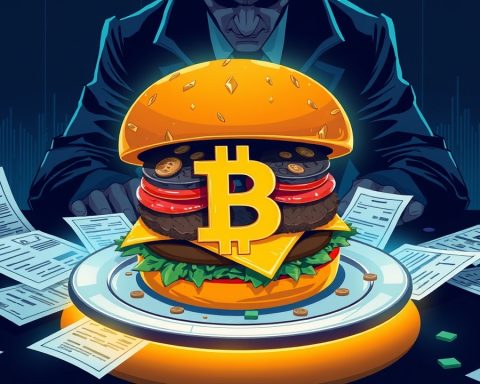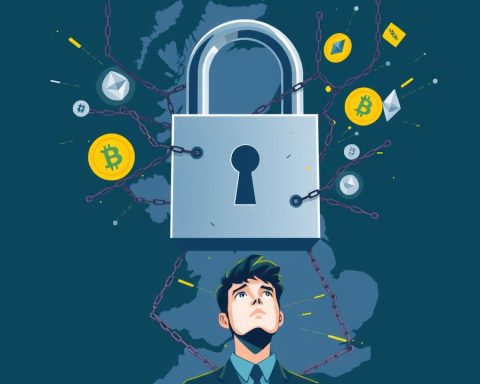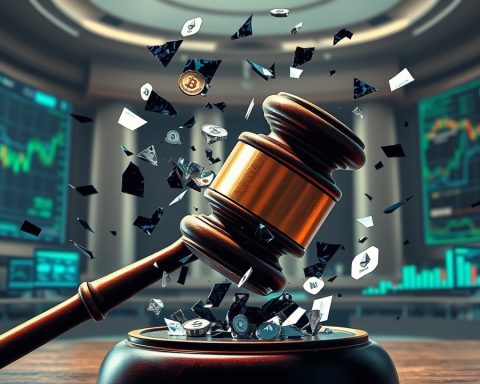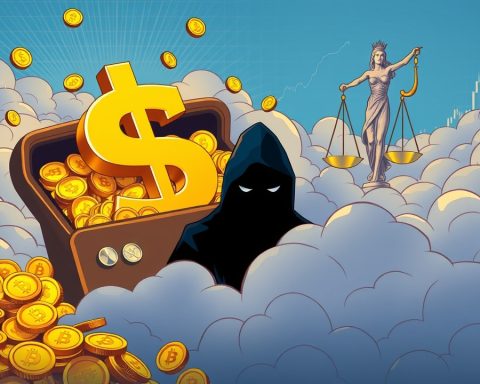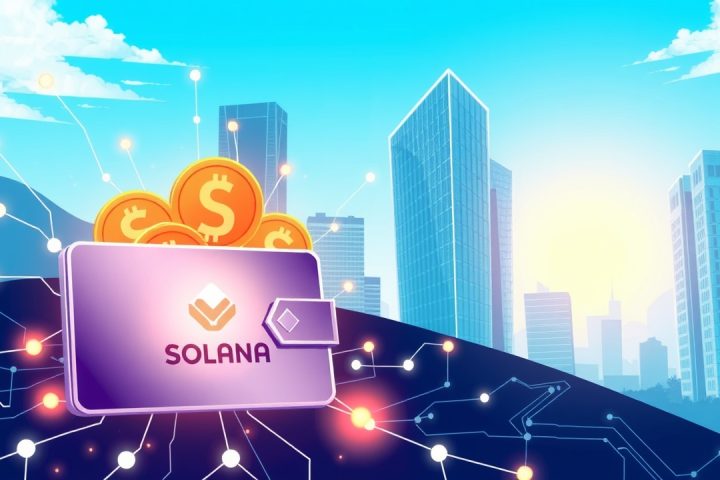Overturned Convictions in High-Profile Cryptocurrency Case
In a significant development concerning a high-profile cryptocurrency case, a U.S. District Court judge has overturned important fraud and market manipulation convictions against Avraham Eisenberg, who was involved in a notorious $110 million exploit of the decentralized exchange known as Mango Markets.
This ruling, delivered on Friday by Judge Arun Subramanian, determined that the evidence presented during the trial did not substantiate the jury’s finding that Eisenberg had made false representations to the platform.
Eisenberg’s Actions and the Court’s Ruling
Eisenberg, who describes himself as an “applied game theorist”, had been found guilty in 2024 for artificially pushing up the price of Mango’s MNGO token by over 1,300% in just minutes. He subsequently used the inflated value as collateral to withdraw $110 million worth of cryptocurrency from Mango Markets.
The prosecution asserted that he had misled the exchange’s automated lending system; however, Eisenberg’s legal team contended that he merely took advantage of flawed, open-source code without deceptive intent. Judge Subramanian concurred, emphasizing that the nature of Mango Markets, being permissionless and automatic, implied there was no legal avenue for deceit, thus highlighting a lack of evidence supporting claims of dishonesty.
Venue and Future Proceedings
Additionally, the judge dismissed the government’s argument that the case should be prosecuted in New York, focusing instead on Eisenberg’s presence in Puerto Rico during the alleged infractions. The prosecution had referenced a user from Poughkeepsie and a vendor from Manhattan, but the judge ruled that these connections were insufficient to justify a New York venue.
Moving forward, the Justice Department must consider whether to refile the vacated charges. However, recent indications suggest a diminishing emphasis on cryptocurrency enforcement under the current administration. In the meantime, Eisenberg is still facing civil actions from regulatory bodies, including the SEC and the CFTC.
Complications from Unrelated Charges
His situation is complicated by an unrelated case in which he has been sentenced to nearly four years in prison after pleading guilty to charges of possessing child pornography, a revelation that surfaced during the investigation leading to his arrest in Puerto Rico by federal authorities in December 2022.
Initially, he faced charges for commodities fraud and manipulation tied to the Mango Markets incident, resulting in a jury conviction that was recently called into question. Eisenberg’s defense characterized his actions as part of a legitimate trading approach rather than a cyber offense, a stance that appeared to resonate with the presiding judge in this latest hearing.

